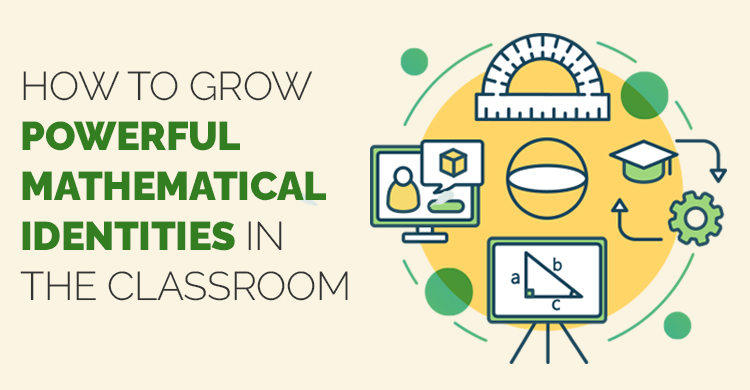The 7 Most Popular Blogs of 2024
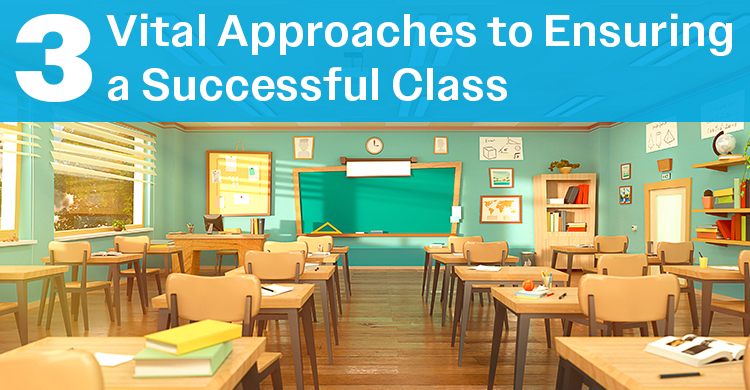
3 Vital Approaches to Ensuring a Successful Class
How can you create a classroom culture where every student thrives? This blog highlights three key strategies to do just that: model positive behaviors, learn students’ names, and treat everyone respectfully. By integrating academic and behavioral support, educators can foster a culture of mutual respect and empower students for success in learning and life.
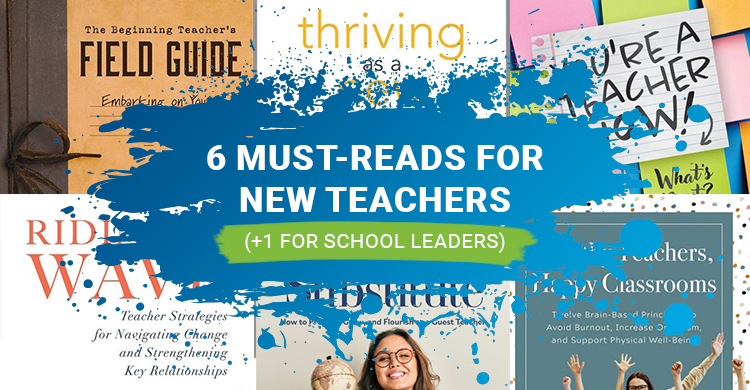
6 Must-Reads for New Teachers (+1 for School Leaders)
New teachers, this one’s for you! This blog offers a curated reading list packed with practical strategies for creating a classroom management plan, enhancing student engagement, and cultivating leadership development. Discover foundational practices to create positive learning environments and lead transformative change.
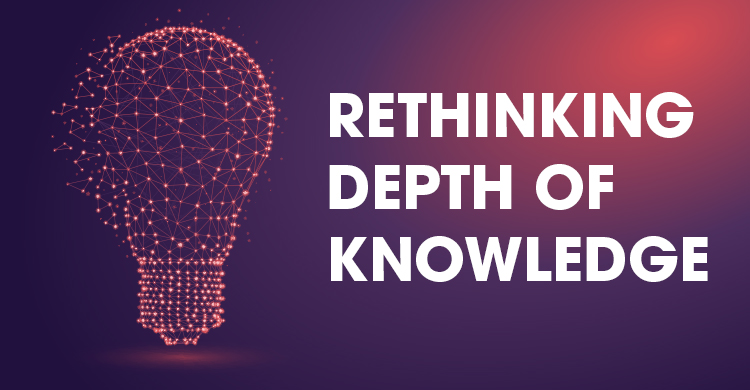
How to Deconstruct, then Reconstruct, Depth of Knowledge
Transform your understanding of DOK. Author Erik M. Francis reveals how to use Depth of Knowledge as a powerful instructional tool. Learn to design rigorous activities and assessments that truly match your student’s learning needs and unlock a deeper understanding of academic standards.
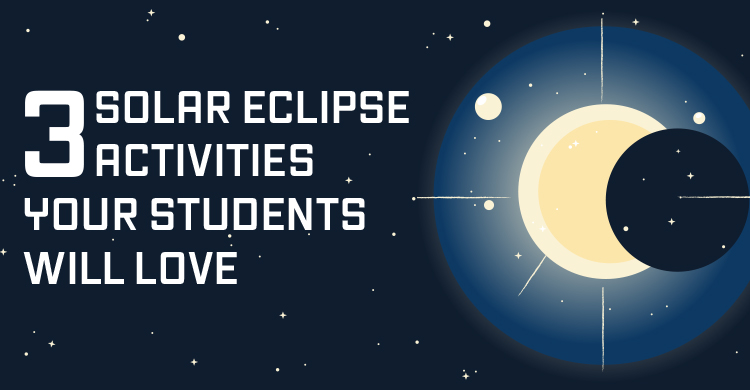
3 Solar Eclipse Activities Your Students Will Love
Bring the cosmos to your classroom with three engaging educational activities for students to do inspired by the April 8th, 2024, total solar eclipse. This blog emphasizes STEM-focused learning, cross-cultural connections, and literature integration to explore astronomy, mathematics, and self-reflection, encouraging a global and interdisciplinary perspective.
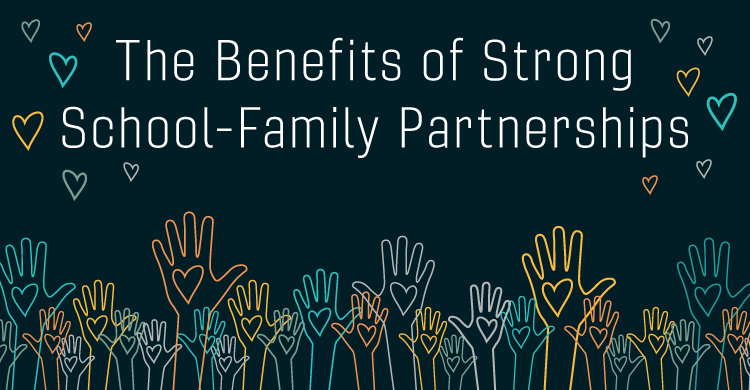
24 Surprising Benefits of Strong School-Family Partnerships
Award-winning author Ari Gerzon-Kessler explores the numerous advantages of strong school-family partnerships, highlighting 24 benefits for students, families, and educators. These partnerships improve academic success, emotional well-being, and community trust while fostering inclusive and supportive educational environments.
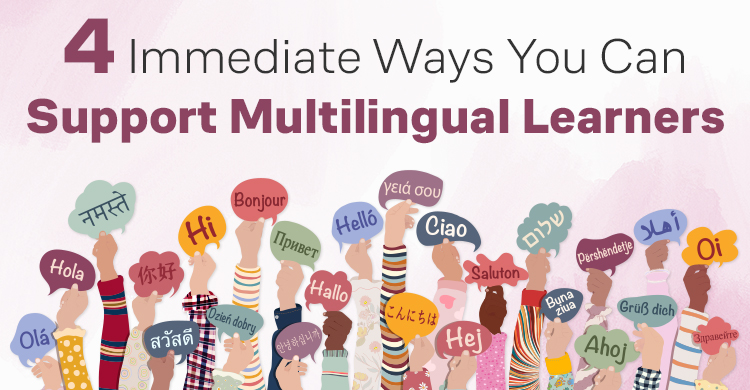
4 Immediate Ways to Support Multilingual Learners
Author Karen Johannesen Brock outlines four key instructional practices—vocabulary, close reading, dialog, and writing—that support multilingual learners (ML) without lowering lesson rigor. It emphasizes the importance of consistent, scaffolded language practice and instructional coaching to boost learning for all students, especially ML learners.
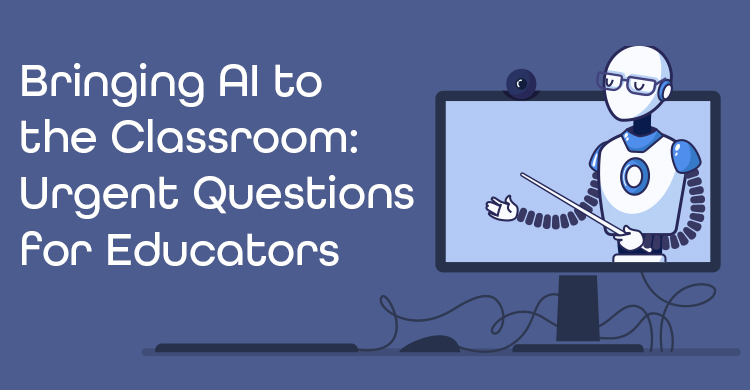
Bringing AI to the Classroom: Urgent Questions for Educators
Curious about how to properly use Artificial Intelligence in education? Explore the implications of introducing AI in the classroom, including its effects on critical thinking, literacy strategies, and assessment methods. This blog examines the potential benefits and challenges of using AI tools for both students and teachers.






